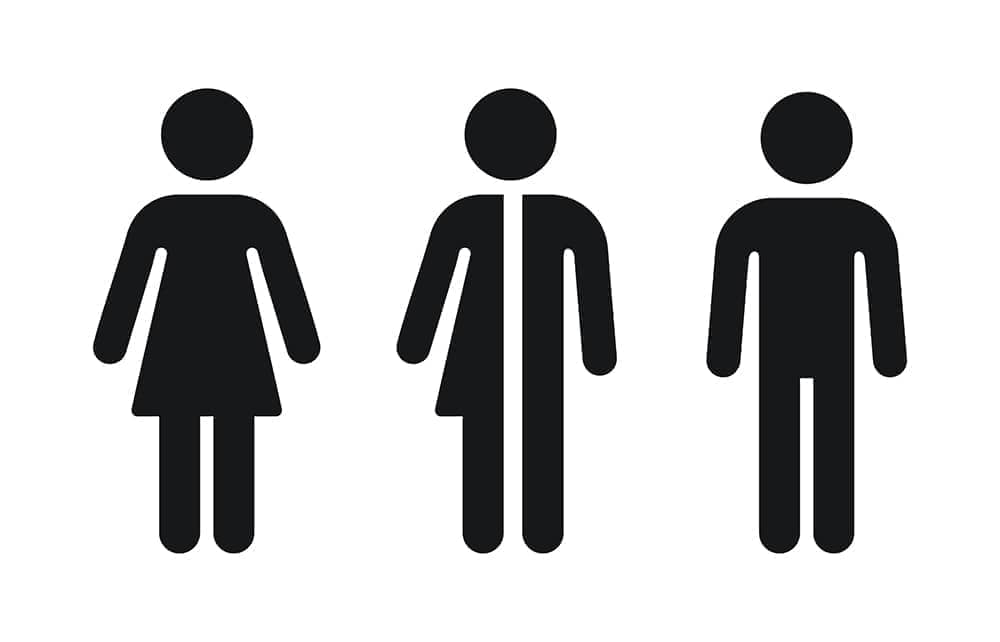‘Come on, old girl,’ said my husband as though encouraging a cow stuck in a ditch, ‘you must know.’ It was because I’d asked him in the far-off days of last week what woman meant, just after Rishi Sunak had said: ‘We must be able to call a mother a mother.’ Penny Mordaunt, Liz Truss and Kemi Badenoch then tussled in a hate-crime triangle on television over who said what, when about people self-identifying in a gender.
Such matters are said to belong to culture wars, which we had thought an American phenomenon. Culture wars acquired their name only in the 1980s. Since then we have grown used to language (as part of their armaments) changing rapidly. Politically incorrect began as something assumed bad; then politically correct became a shorthand for the false and absurd. Politically correct was overtaken by woke. This grew in popularity thanks to the refrain ‘I stay woke’ in Erykah Badu’s Master Teacher (2008) (‘What if it were no niggas / Only master teachers? / I stay woke.’) But soon it became impossible for most British people to use woke without irony. The thinking behind it was instead derided as wokeness, wokery or wokeism.
Doubt is also more widely being cast on the assumption that gender can be changed by self-identification so as to require a change in sex-linked terminology (woman instead of man, he instead of she). But the Equalities Act 2010 had confusingly used the term transsexual person to someone undergoing or even proposing to undergo gender reassignment.
When asked at the General Synod this month ‘What is the Church of England’s definition of a woman?’ the Bishop in Europe (as it happened) said there was ‘no official definition’, as it had been ‘thought to be self-evident’. Yet the C of E can by law only marry a man to a woman.
And now politicians fear to say what a woman is, caught between the lines of a culture war, not knowing whether to call a self-declared trans woman a woman or a man; whether to say shibboleth like the Gileadites or sibboleth like the Ephraimites. It matters: the book of Judges tells us 42,000 Ephraimites were killed. Will the next prime minister be a Gileadite or an Ephraimite?





Comments